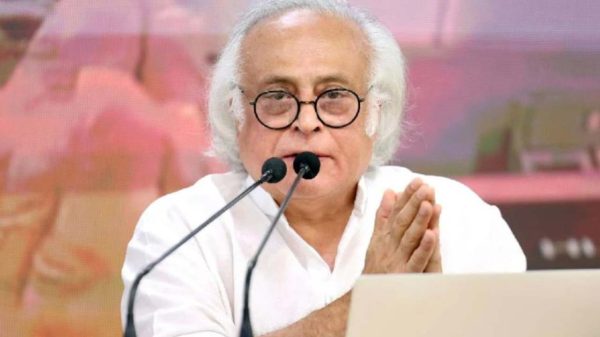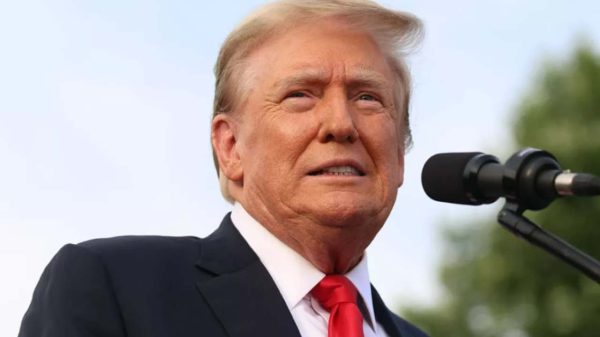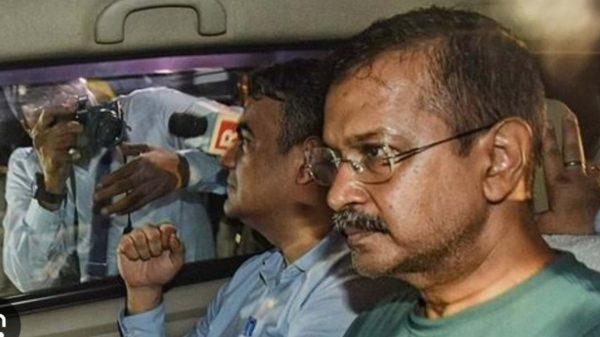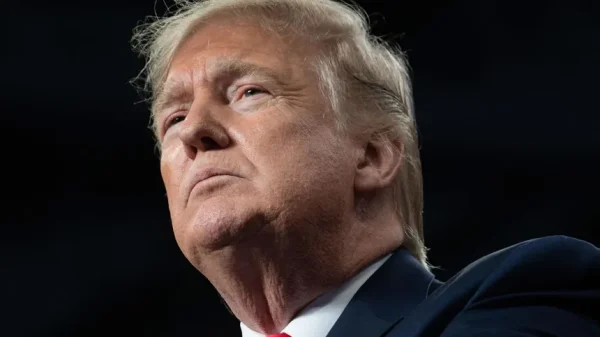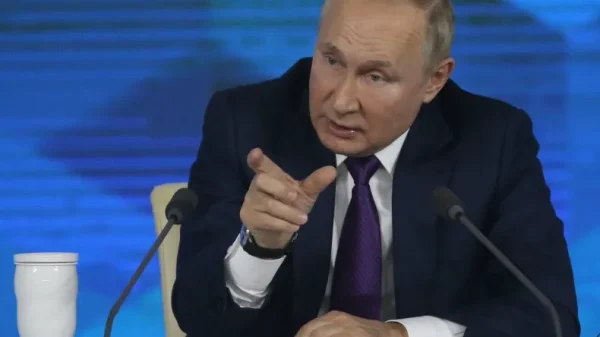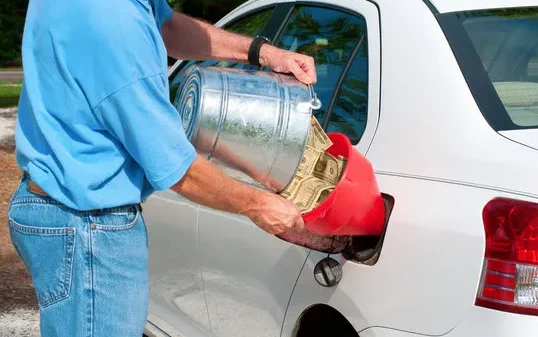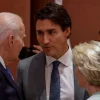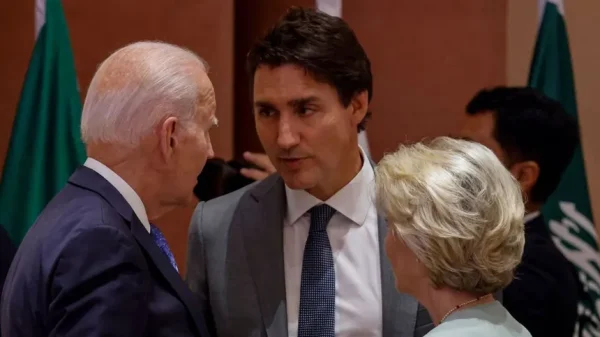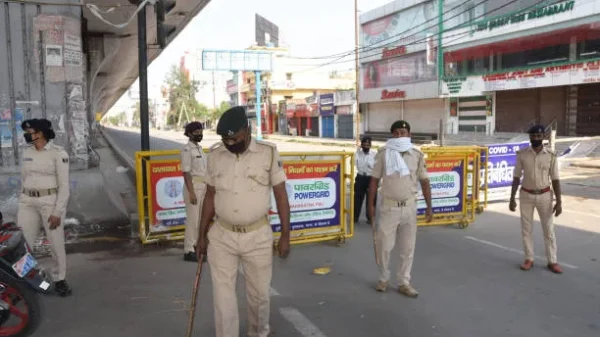The German Farmers’ Association, led by chairman Joachim Rukwied, has been at the forefront of a week-long demonstration against the government’s plan to scrap tax breaks on the diesel used by farmers in Germany. The protesters, numbering in the thousands, converged on Berlin on Monday, bringing hundreds of tractors to the capital city to voice their discontent with the plan. The demonstration, which saw farmers block entrances to major roads and slow traffic across the country, was meant to send a message to politicians that “too much is too much” and that farmers are an important part of Germany’s economy.
The government had initially proposed staggering the cuts in diesel tax breaks over three years, but the German Farmers’ Association was unsatisfied with this revised plan, contending that it still represented a significant blow to the industry. The association’s chairman, Joachim Rukwied, expressed his discontent with the government’s proposals, stating that the industry has a long history of being stifled by regulations and restrictions. Rukwied argued that the industry is an important part of Germany’s economy, providing employment opportunities and food security for the German population.
Finance Minister Christian Lindner defended the government’s revised plan, acknowledging that it had watered down the original proposal, which was deemed too drastic and too fast. He conceded that the current protests were legitimate and peaceful, but emphasized that the government’s actions were necessary to ensure the sustainability of the agriculture sector. Lindner maintained that agriculture is a unique sector that requires state support, citing the significant funding it receives from the government and the European Union each year.

Finance Minister Christian Lindner (Via Christian Lindner/Twitter)
Theresa Schmidt, head of an association that represents young farmers, expressed frustration with the industry’s requirement to produce high-quality food, amidst a backdrop of cheap imports from abroad produced to lower standards. Alfred Winkler, a farmer from the Bavarian region of Franconia, echoed Schmidt’s sentiments, stating that the industry is being overwhelmed by cheap foreign produce. These farmers argue that the government’s proposal would further jeopardize their livelihoods, as they already struggle to compete with foreign imports.
As the standoff continues, it appears that the government may need to re-evaluate its stance on the issue. With polls showing a comfortable majority of Germans sympathizing with the farmers’ protest, the government may be forced to reconsider its plans. The farmers, on the other hand, are unlikely to back down, citing a long history of resistance to what they perceive as unfair regulations and restrictions.
The controversy has also highlighted the complex relationships between farmers, politicians, and consumers in Germany. On one hand, many Germans may sympathize with the farmers’ plight, recognizing the importance of agriculture to the country’s food supply and economy. On the other hand, the government may feel pressure to ensure that the agriculture sector operates in a sustainable and environmentally responsible manner.
In the end, it remains to be seen whether the farmers will ultimately achieve their goals or whether the government will find a way to placate them. One thing is certain, however – the rural economy is a vital part of Germany’s overall economy, and any moves to alter the tax breaks on diesel fuel used by farmers will have significant implications for the industry and the wider economy.
The fate of Germany’s farmers hangs in the balance, as they struggle to protect their livelihoods and the government seeks to ensure the sustainability of the agriculture sector. The standoff highlights the complex relationships between farmers, politicians, and consumers in Germany, and it remains to be seen whether the government will find a way to placate the farmers or whether the farmers will continue to push for change.











